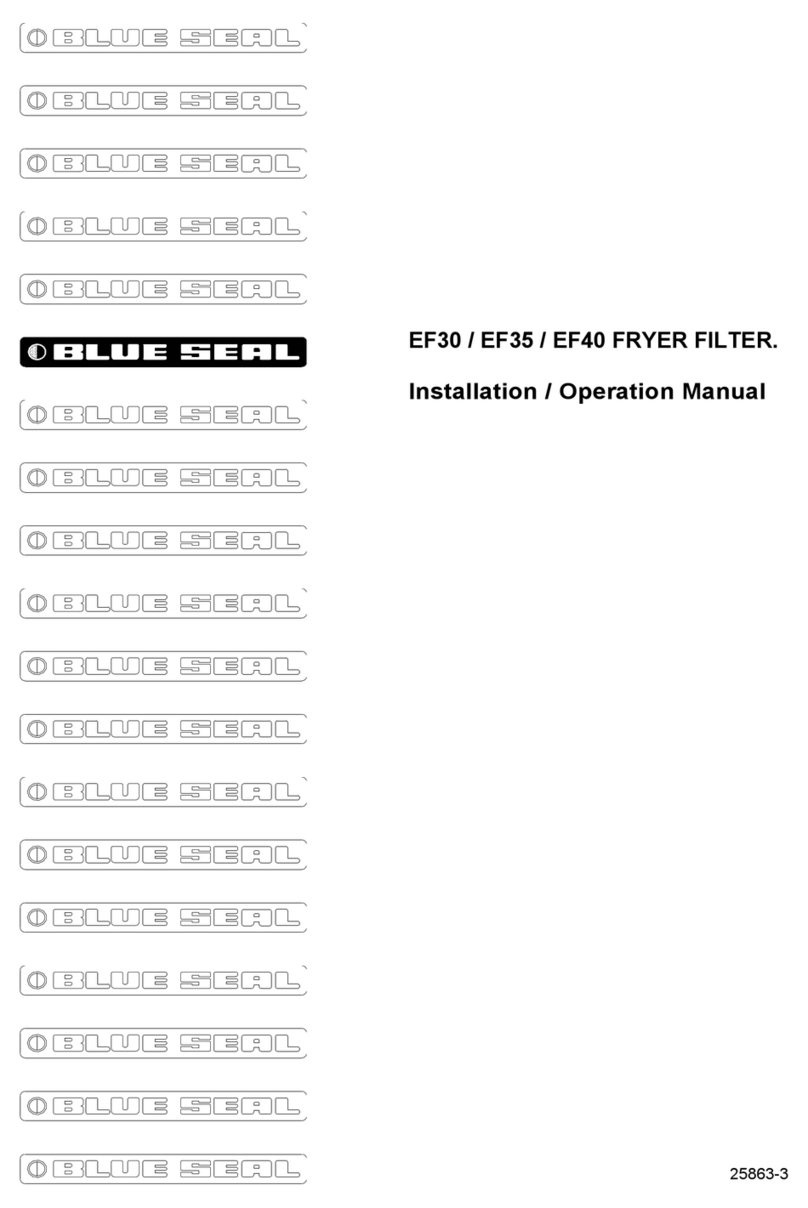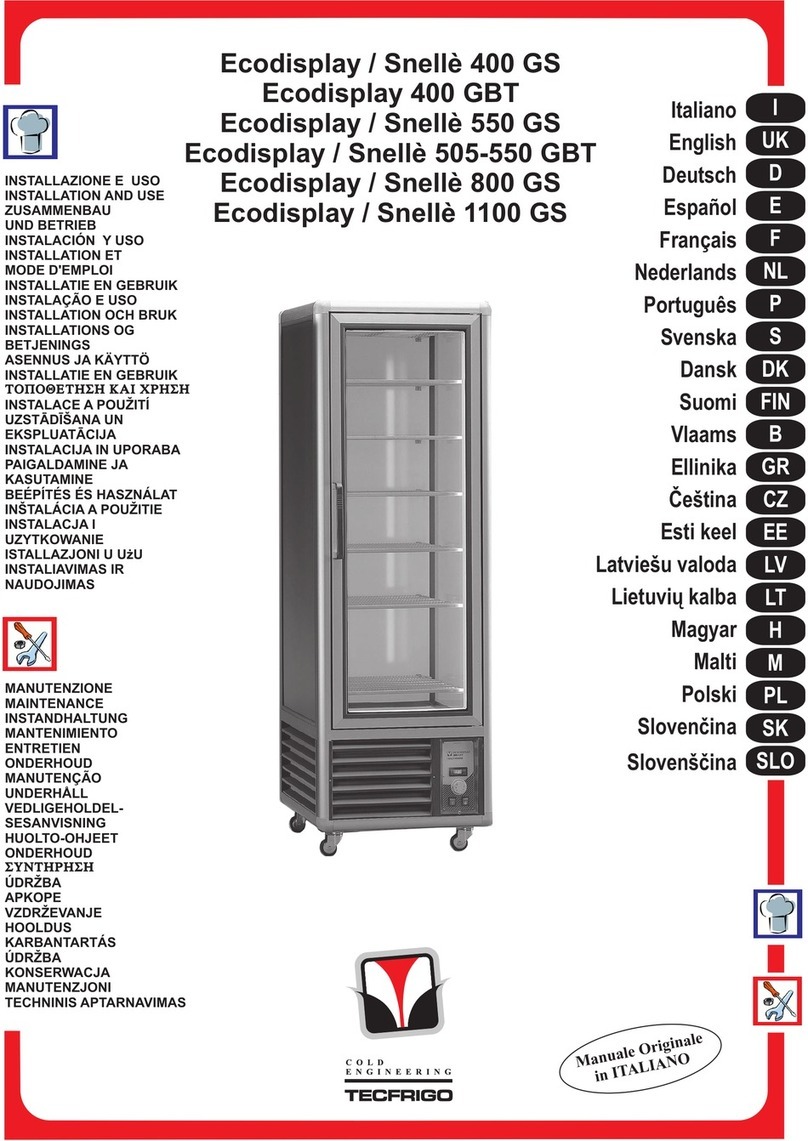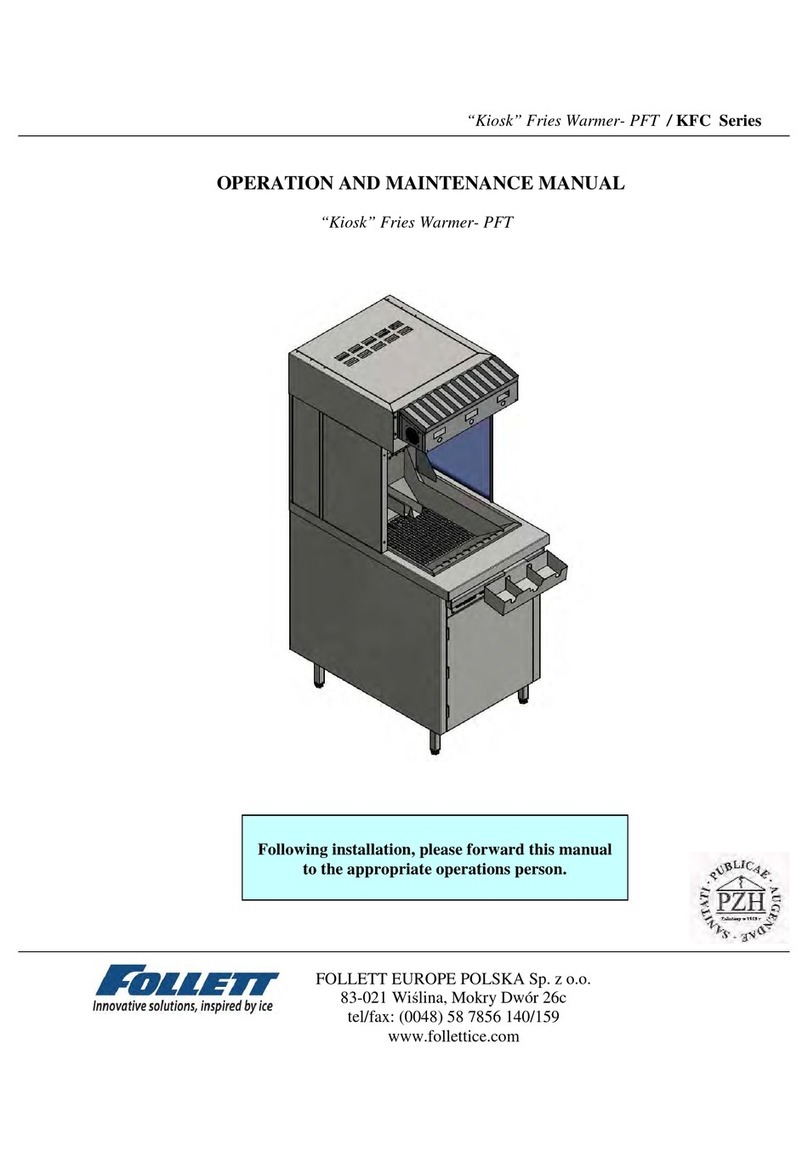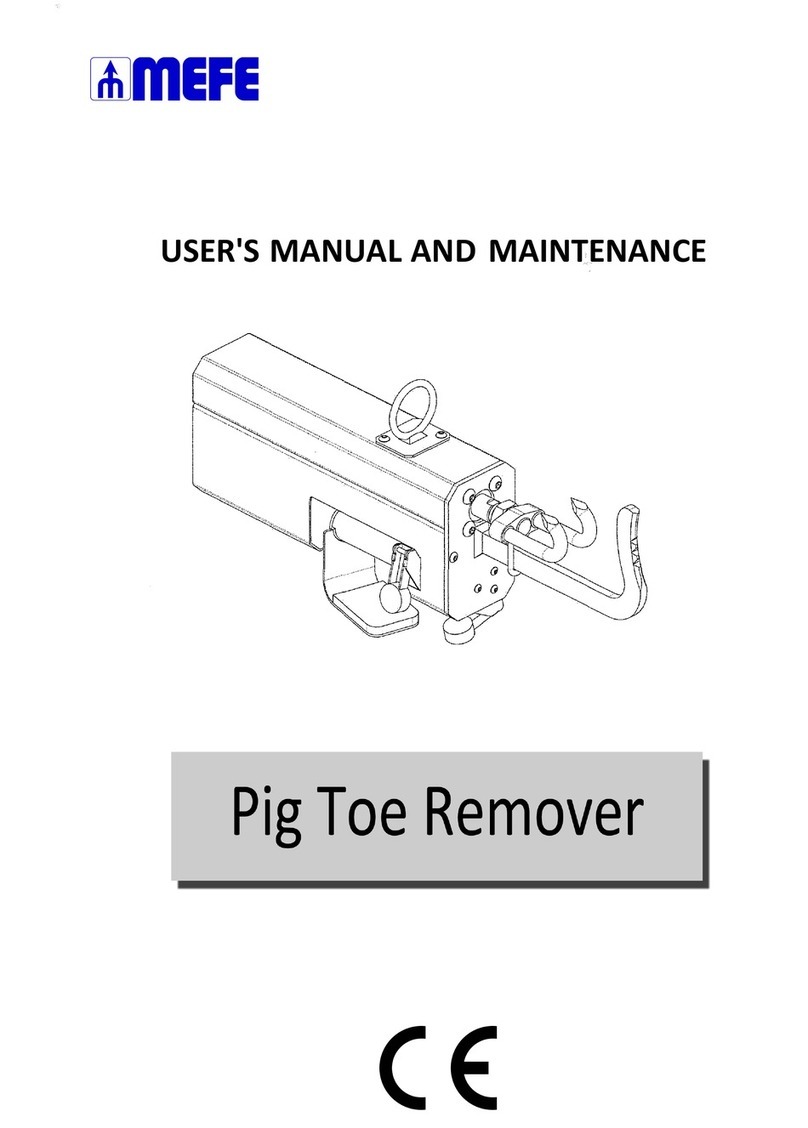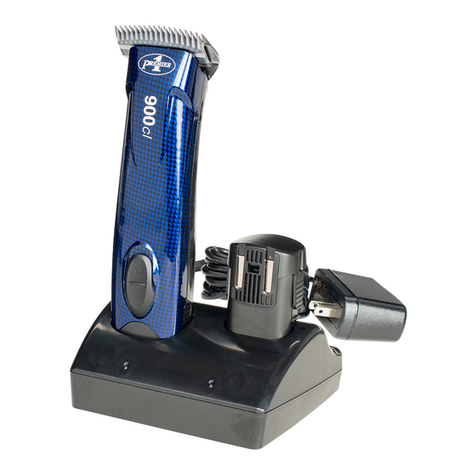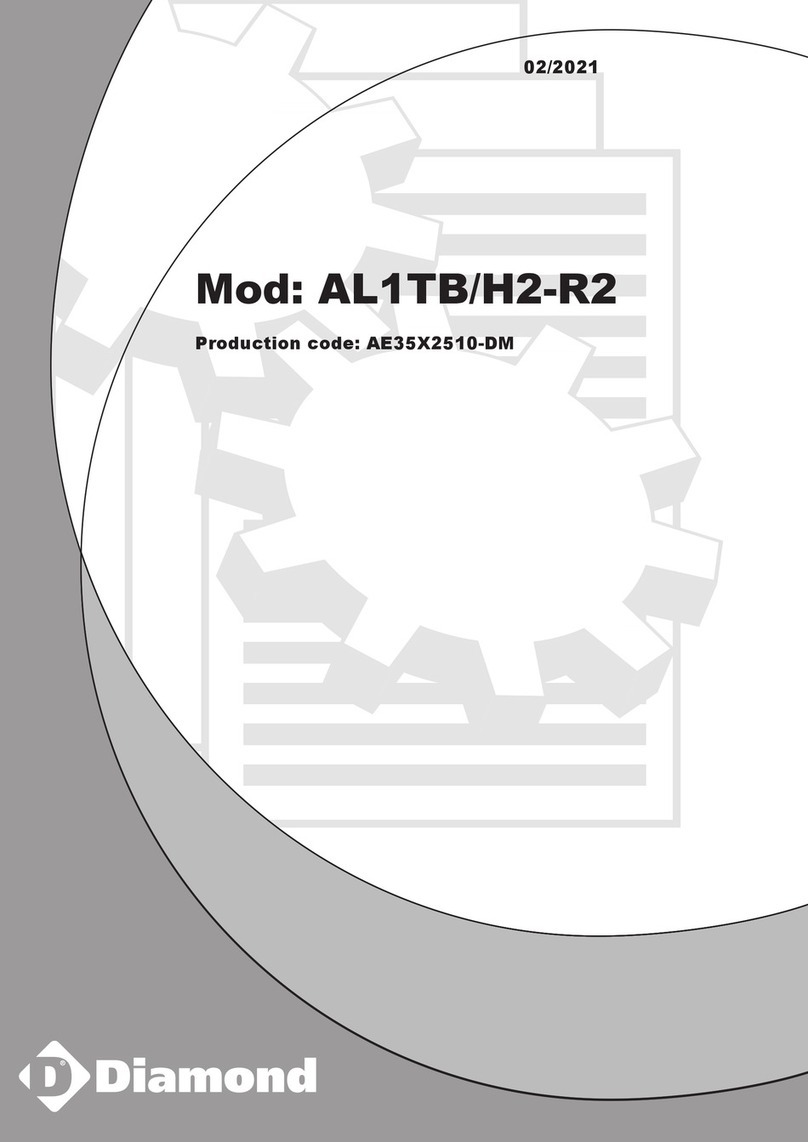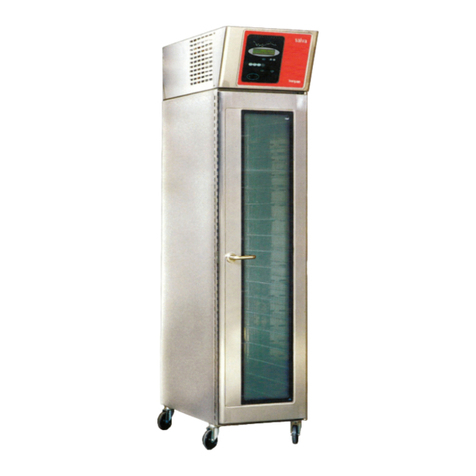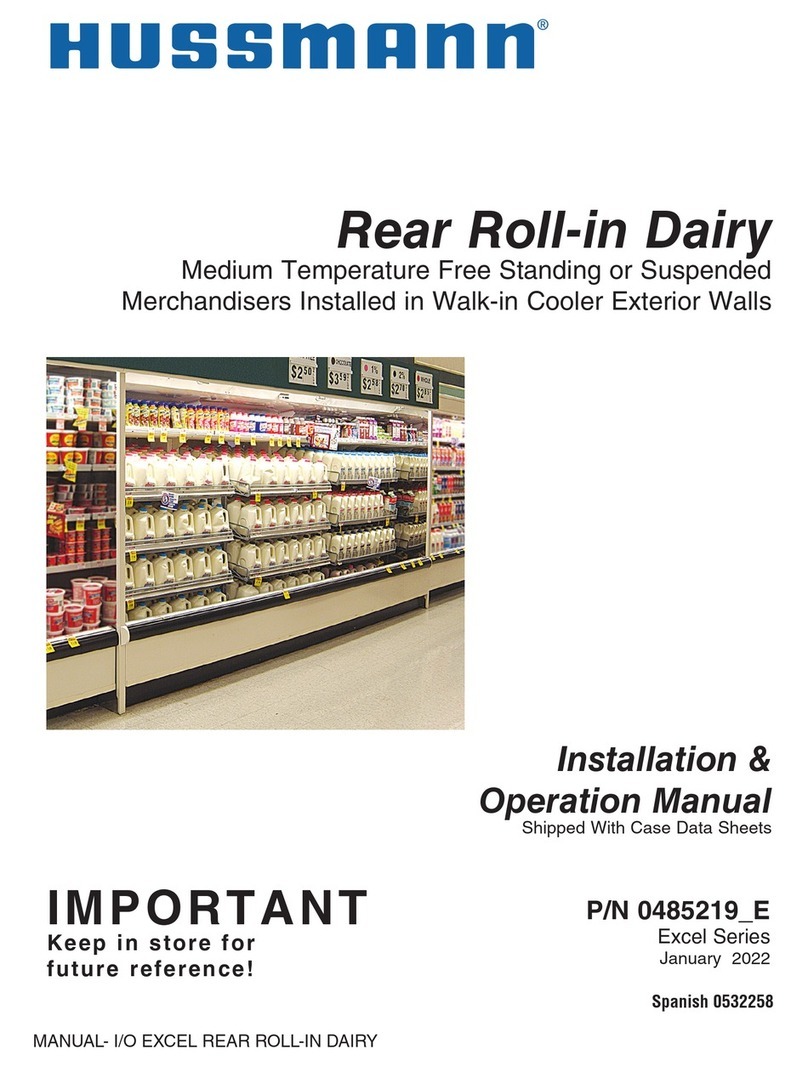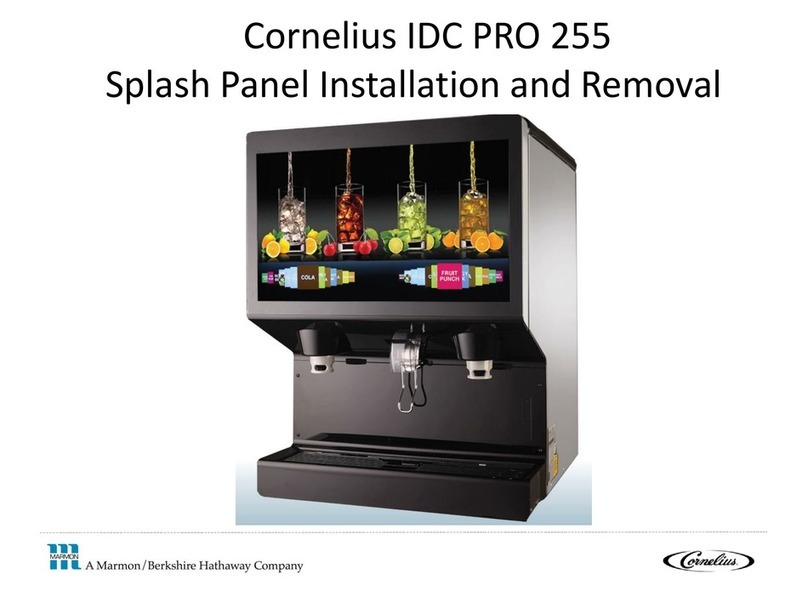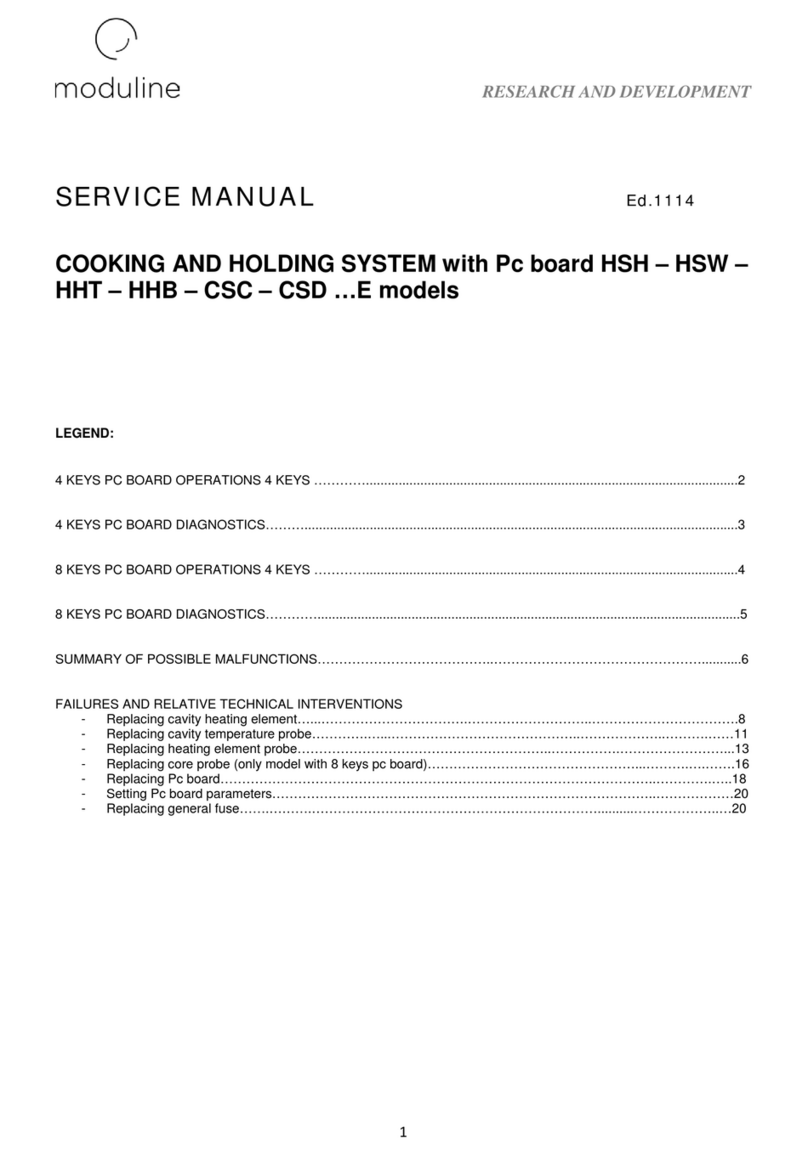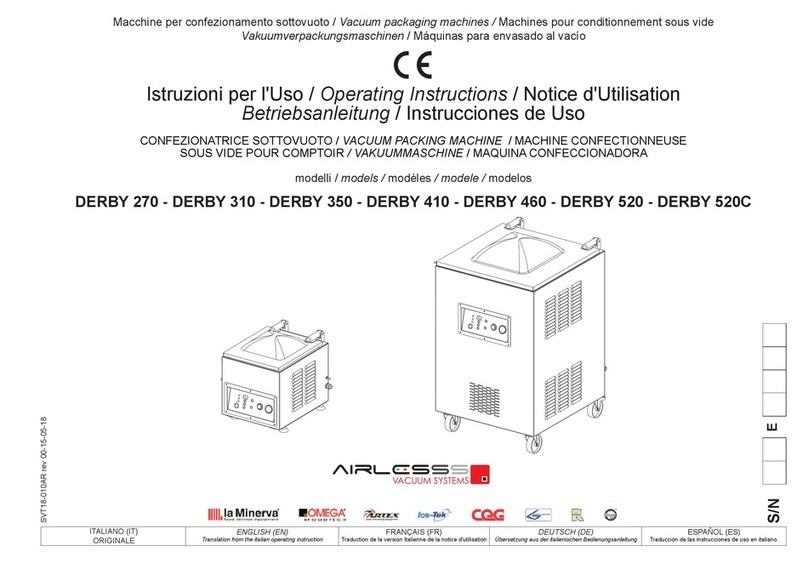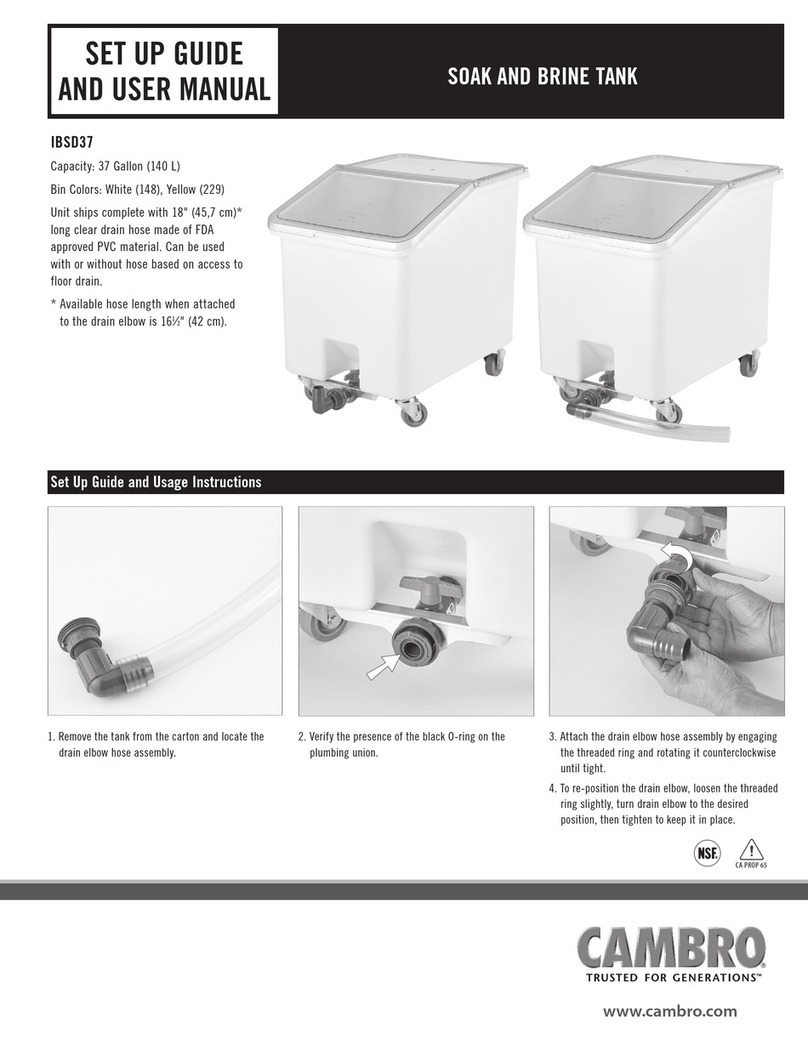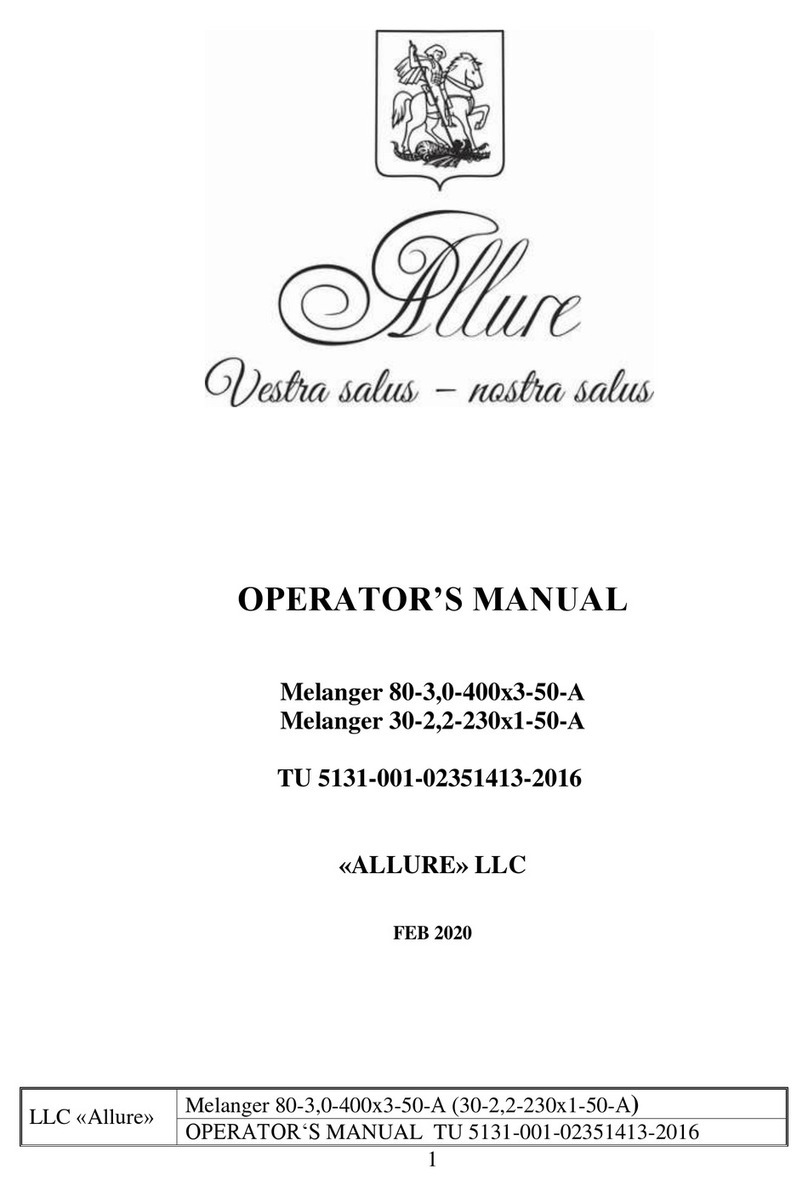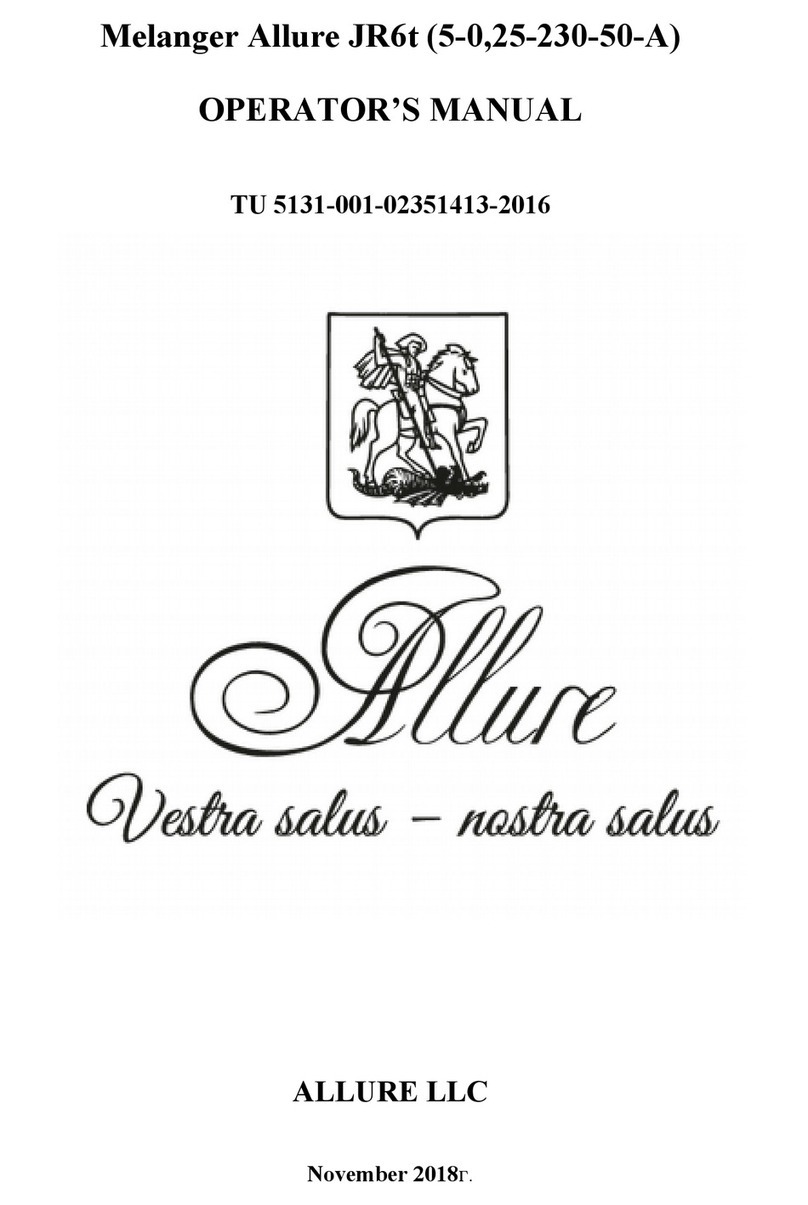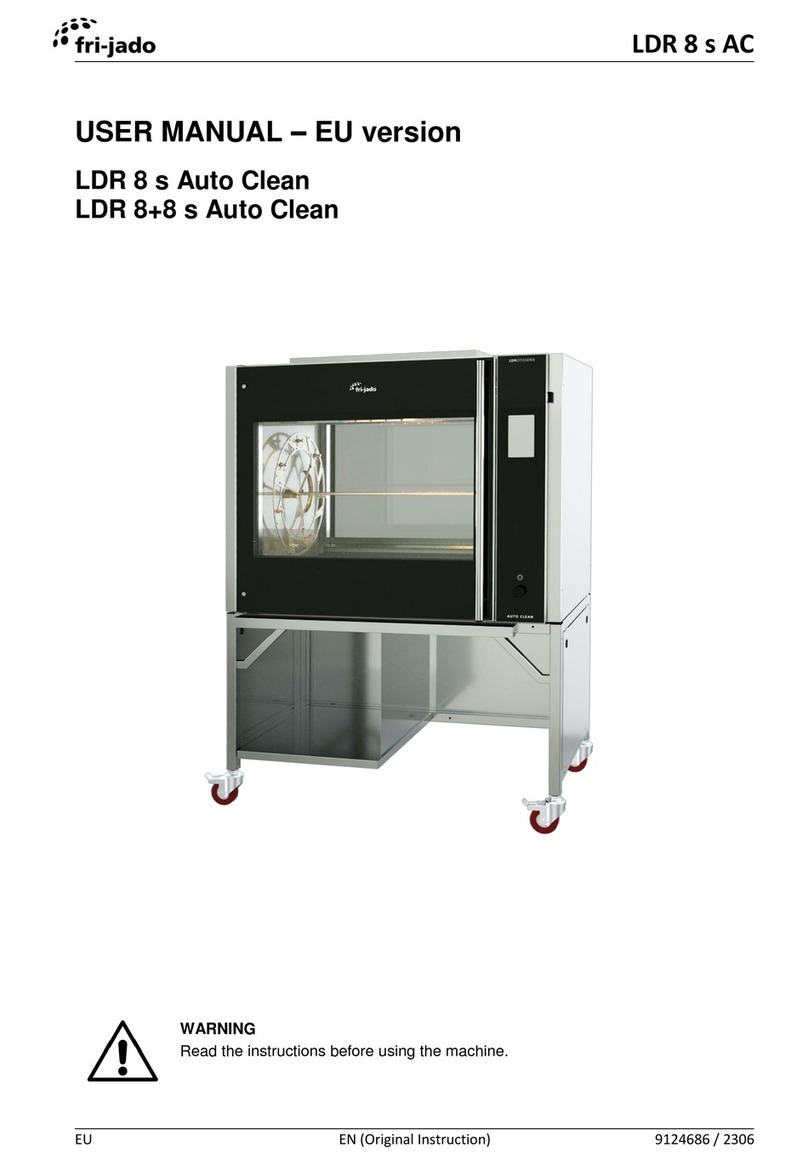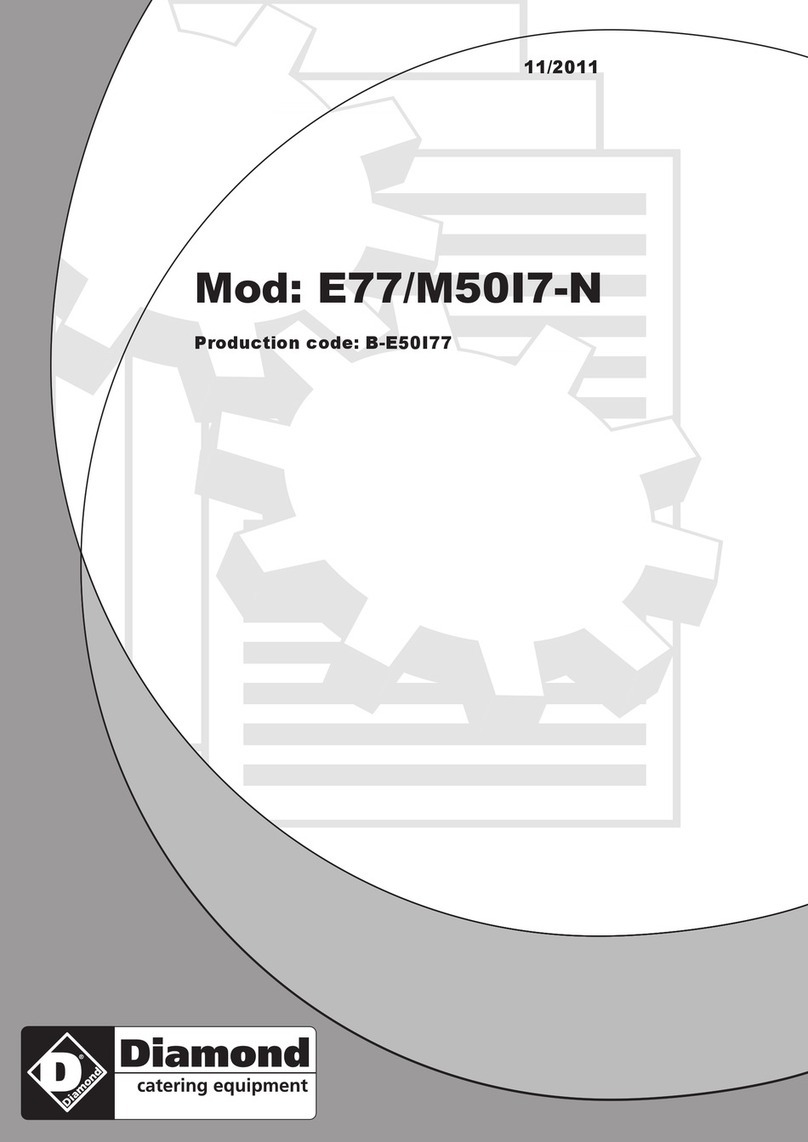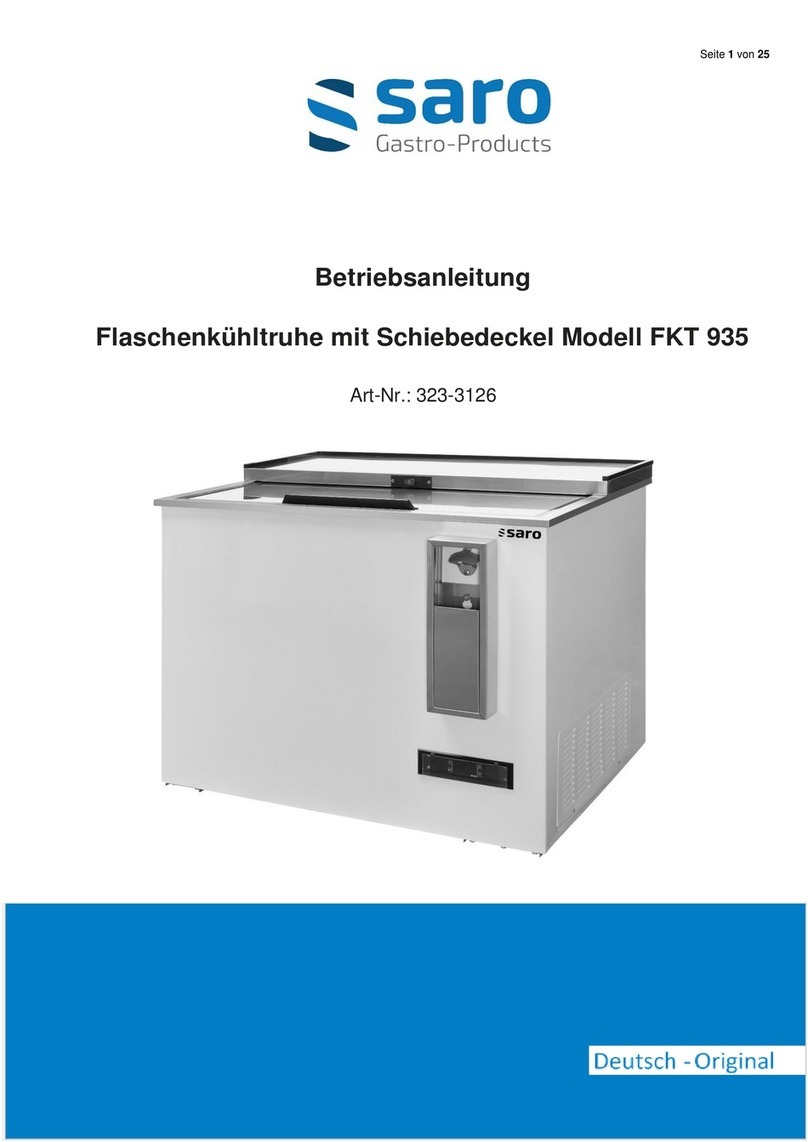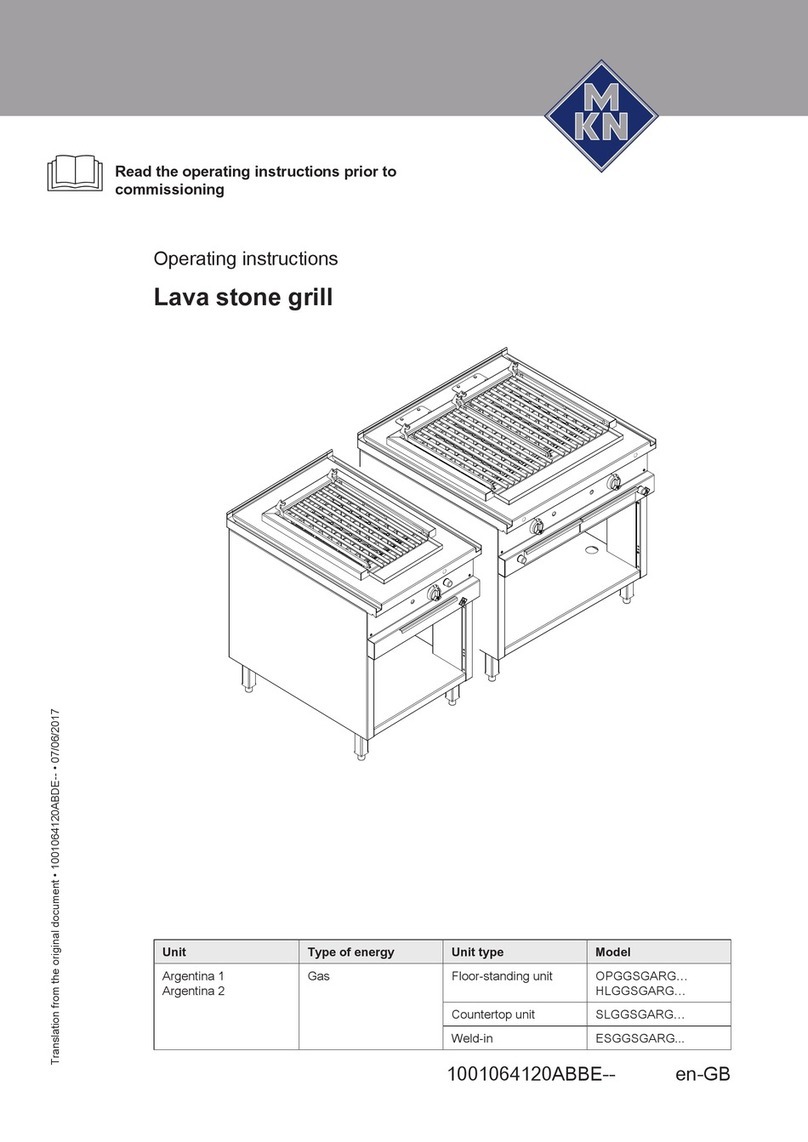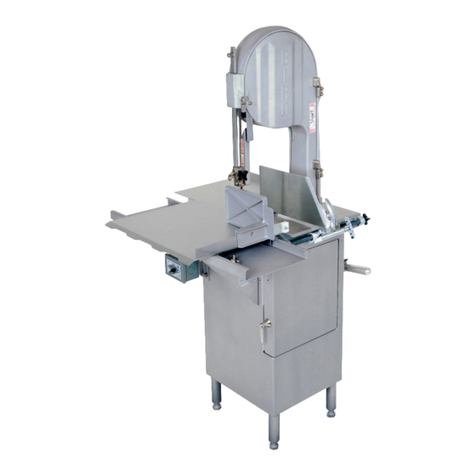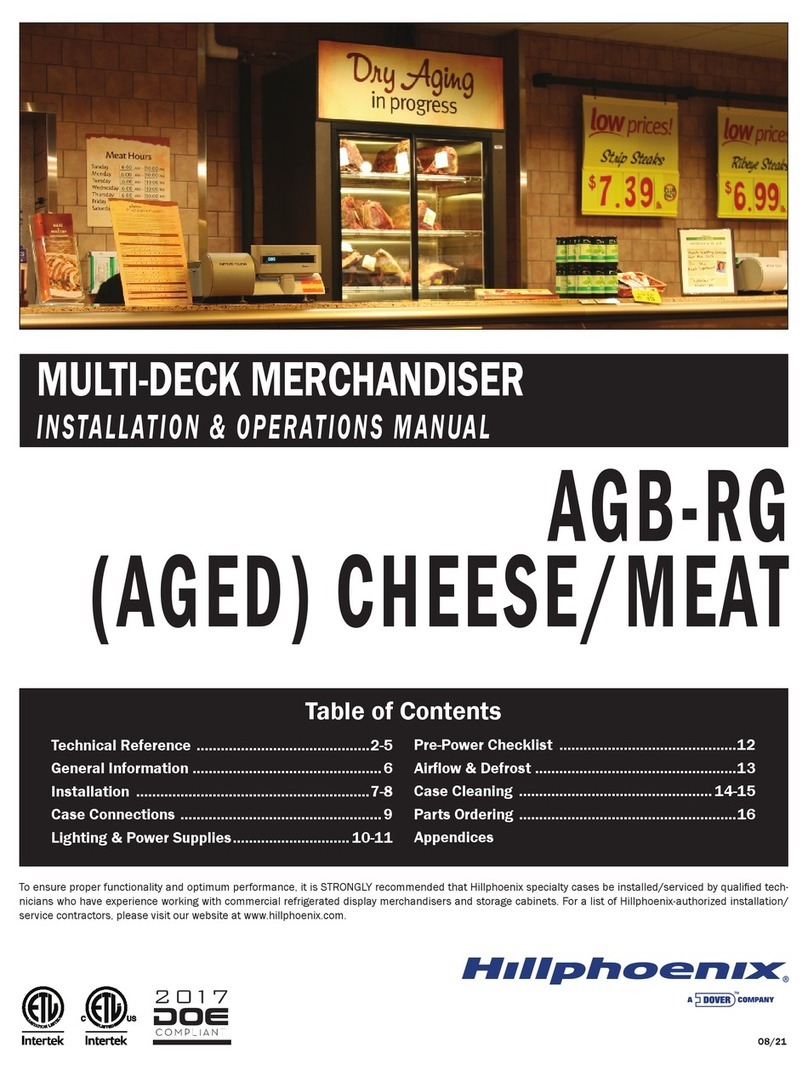
2.3. Declaration of conformity
When you design a Melanger, in the selection of materials, parts and Melanger nodes, selecting
components, manufacture of Melanger security Melanger was in conformity with the following European
standards, directives and safety regulations:
• (E)N 954-1 safety of machinery. Details of control systems for safety.
Part 1. The basic principles of design.
• EN1005-2 safety of machinery. The physical characteristics of the person. Part 2. Manual handling of
machinery and component parts of machinery.
• EN1005-3 safety of machinery. The physical characteristics of the person. Part 3. Recommended limits of
efforts for the operation of the machines.
• GOST r 51333-99 (EN 292-1-91, EN 292-2-91).Safety of machinery. Basic concepts, general principles
for design. Terms, technology solutions and specifications.
• GOST r 51334-99 (eN 294-92), safety of machinery. Safety distances for the protection of the upper
extremities from getting into the danger zone.
• GOST r 51335-99 (eNo. 349-93) safety of machinery. Minimum distances to prevent crush parts of the
human body.
• GOST r 51337-99 (eN 563-94), safety of machinery. Temperature of those surfaces. Ergonomics data to
establish limit values for hot surfaces.
• GOST r 51339-99 (eN 811-96), safety of machinery. Safety distances to prevent lower limbs from getting
into the danger zone.
• GOST r 51343-99 (eN 1037-95), safety of machinery. Prevention of unexpected start-up.
• GOST r 51344-99 (eN. 1050-96), safety of machinery. Principles of risk assessment.
• GOST r 51345-99 (eN 1088-95), safety of machinery. Locking device of protective devices-principles of
design and choice.
• GOST r MEK 60204-1-99 (eN 60204-1) safety of machinery. Electrical equipment of machines and
mechanisms. Part 1: General requirements.
• EU directive on machinery (98/37/EG).
• EU directive on electrical equipment designed for use within certain voltage limits (73/23/EEC).
• STATE STANDARD 12.2.003-91. system of labour safety standards. Equipment production. General
safety requirements.
• GOST 2.601-2006 ESKD. Operational documents
• GOST 9.014-78 ESZKS. Temporary corrosion protection products. General requirements.
• GOST 9.032-74 ESZKS. Varnish-and-paint coatings. Groups, technical requirements and symbols.
• GOST 9.105-30 ESZKS. Varnish-and-paint coatings. Classification and basic parameters of a method of
staining.
• GOST 9.402-2004 ESZKS. Varnish-and-paint coatings. Preparation of metal surfaces before painting.
• GOST 12.1.003-83 SSLS Noise. General safety requirements.
• GOST 12.1.012-2004 SSLS. Vibration safety. General requirements.
• GOST 12.1.030-81 SSLS. Electrical Safety. Protective earth. Features.
• STATE STANDARD 12.2.003-91 SSLS. Equipment production. General safety requirements.
• GOST 12.2.062-81 SSLS. Equipment production. Protective fences.
• GOST 12.2.064-81 SSLS. Control of production facilities. General safety requirements.
• STATE STANDARD 12.2.124-90 SSLS. Food equipment. General safety requirements.
• GOST 12.4.040-78 SSLS. Control of production facilities. Mark.
• GOST 15.201-2000 development system and products. Products for industrial purposes. Procedure for
development and production of products for production.
• GOST r 27.403-2009 Reliability in engineering. Test plans to control the probability of non-failure
operation.
• 112-78, GOST meteorological glass Thermometers. Technical conditions.
• GOST 2991-85 Boxes sealed the deal for cargo weighing up to 500 kg. General technical conditions.
6
